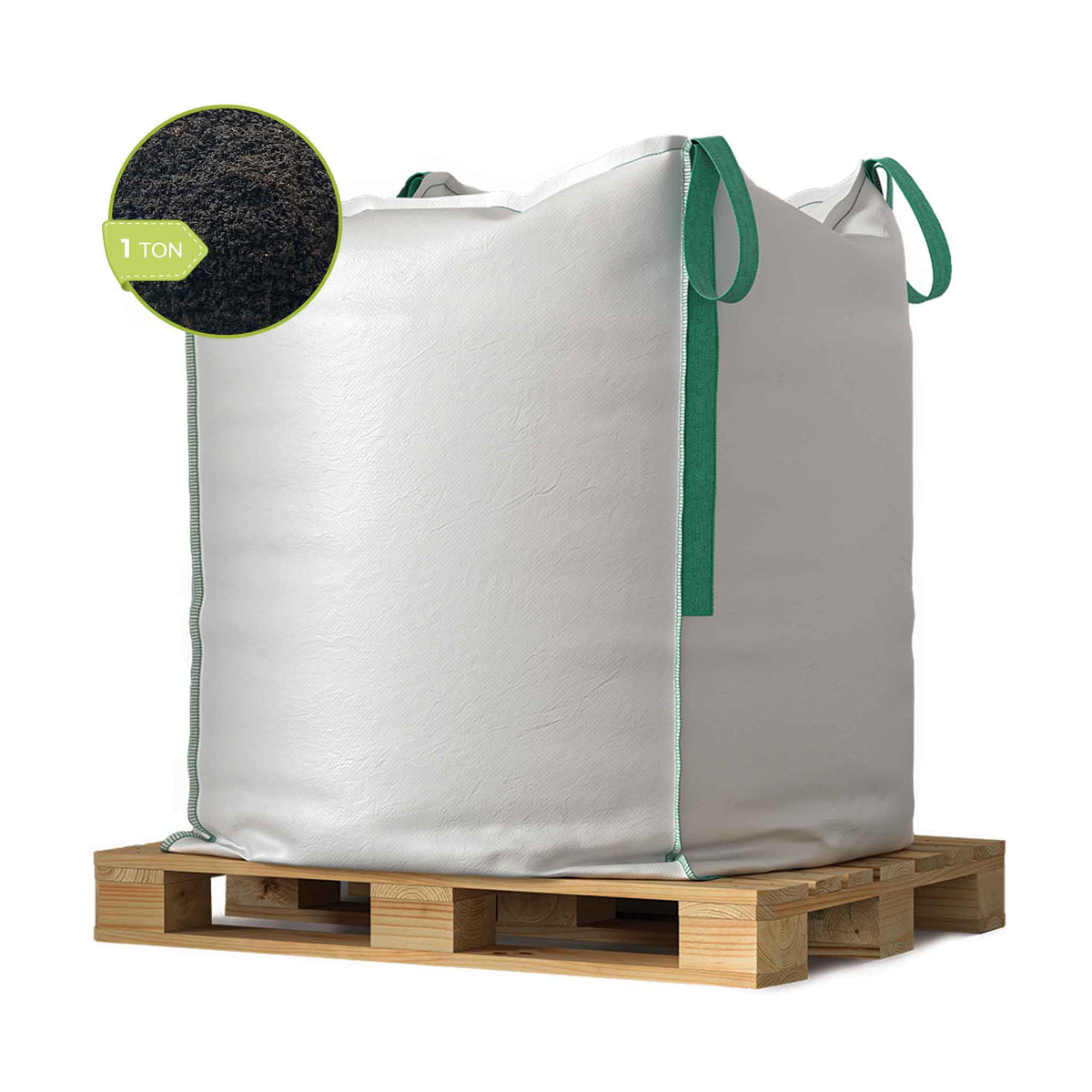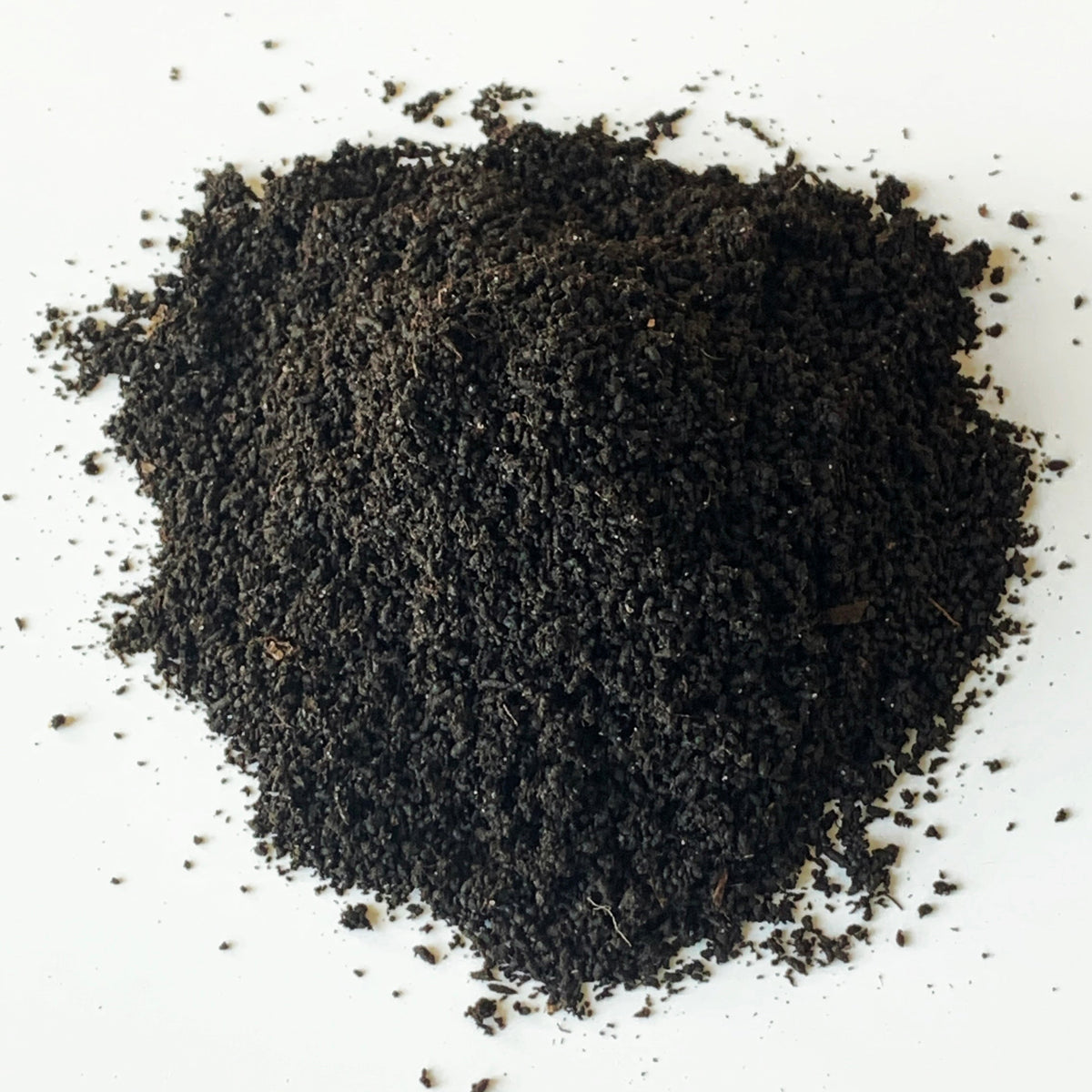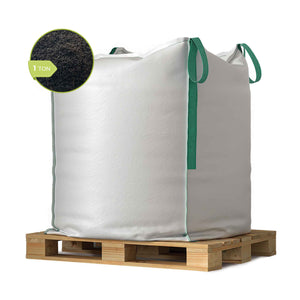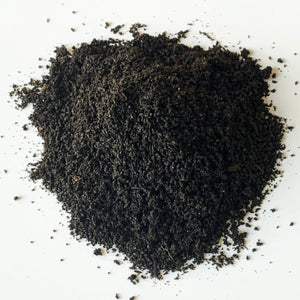Cost Effective
For farmers who are just learning about castings, worm manure might not seem like it would work on a large scale, but nothing could be further from the truth. Worm castings are the most cost-effective and potent solution on the market for fertilizing crops on a large scale.
A little goes a long way! Worm castings may be higher than other solutions on a cost-per-ton basis, but you don't have to use as much as you would with other fertilizers. This means that if you're only comparing dollars-per-ton with other types of fertilizers, you're not getting a true apples-to-apples comparison. Instead, it makes sense to calculate based on dollars-per-acre or the area measurement you're using. In that light, worm castings start to look very attractive.
Two-in-One Fertilizer and Natural Pesticide
As you start to dig into how much it would cost to use earthworm castings on your farm, you might think “hold on...this worm poop costs more per ton than chicken manure that I can get down the street.” If that's as far as you took your analysis, then yes, you probably would think that it's more expensive to go with worm castings.
The key thing to think about when pricing worm castings is that you're not just buying fertilizer. You're essentially buying fertilizer and pesticide at the same time. If you're growing a crop that requires a lot of water, you're also getting something that reduces the amount of water you have to use substantially.
Crops Require Less Water
Worm castings retain moisture, due to their structure, which means instead of the water running off, it's right there where the plants need it. Depending on the condition of the soil and the crop, worm castings allow you to use 50-75% less water than you normally would in the growing process.
By the time you add up the cost of another fertilizer, a chemical pesticide, and the water for the crops, there's a good chance castings are more cost-effective. Things can swing even more in favor of castings if you utilize a worm castings tea. This is a concoction in which you soak worm castings in water and use that on crops.
Many farmers do this to add an extra layer of “natural pesticide” to the crops, while providing vital nutrients to the crops simultaneously.
25-40% Higher Yield
After you get past the cost argument for castings on a large scale, you also have to think about the other major benefits. One of the most profound benefits for farmers is the possibility of increased yield. According to Nature Research, the presence of worm castings in soil leads to a 25% increase in crop yields on average.
That means you may get up to 25% more crops than you would ordinarily just by using worm castings. If you're doing an economic analysis, adding another 25% to your total yield will make a huge difference.
Perhaps the best part is that you can do all of this without harmful chemicals. Castings can be part of an organic farming operation, which opens your crops up to an entirely new segment of customers and businesses.

















